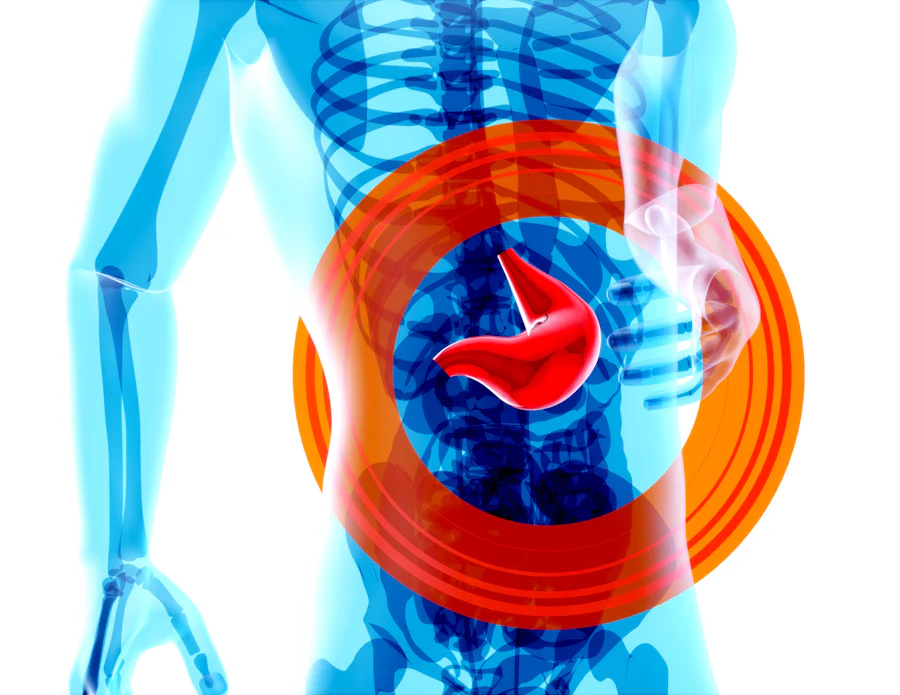In the world of human biology, the digestive system stands as a vital player, influencing not just our physical health but also our mental and emotional well-being. Let’s delve into the fascinating realm of digestion and explore its profound impact on our energy levels, mood, and immunity.
What is the Digestive System?
The digestive system is a complex network of organs working together to break down food into nutrients that our body can absorb and utilize for energy, growth, and repair. It includes organs such as the stomach, small intestine, liver, gallbladder, and pancreas.
How Does Digestion Impact Energy Levels?
Dr. Vincent Pedre, a renowned gut health expert, explains, “The gut acts as our primary energy source by extracting vital nutrients from food.” Proper digestion ensures that our body receives the essential nutrients it needs to function optimally. When digestion is efficient, nutrients are absorbed effectively, providing us with sustained energy throughout the day. On the other hand, poor digestion can lead to nutrient deficiencies, leaving us feeling fatigued and sluggish.

Here are four essential tips, backed by research and expert advice, to help you improve your digestion.
1. Incorporate High-Fiber Foods
A high-fiber diet is key to smooth digestion. Fibre helps move food through the digestive tract, reducing the risk of constipation and aiding in the prevention of various digestive problems like hemorrhoids and diverticulosis. Foods rich in fibre include vegetables, fruits, nuts, seeds, whole grains, beans, and lentils. Start slowly and increase your fibre intake gradually to avoid gas and cramping. Remember to also increase your water intake as fibre works best when it absorbs water2.
2. Stay Hydrated
Proper hydration is essential for digestion. Water helps dissolve fats and soluble fiber, allowing these substances to pass through more easily. Drinking sufficient water (about 1.5 to 2 liters daily, and more if you’re active or live in a warm climate) can prevent constipation and ensure smoother digestion. Avoid excessive alcohol and caffeine, which can dehydrate you and disrupt your digestive system.
3. Exercise Regularly
Physical activity is beneficial for your digestive system. It helps food move through your digestive tract more efficiently, reducing the risk of constipation and promoting overall digestive health. Exercise can also help manage symptoms of many digestive conditions. However, be mindful of the timing of your workouts; exercising too soon after eating can lead to indigestion for some people.

4. Manage Stress
Stress can significantly impact your digestive system, leading to issues like heartburn, cramps, and bloating. Techniques such as meditation, deep breathing exercises, and yoga can help manage stress levels and improve digestion. Ensuring adequate sleep and maintaining a supportive social network are also important for stress management.
The Gut-Brain Connection: Mood Regulation
Did you know that the gut is often referred to as our “second brain”? The gut-brain axis is a bidirectional communication system between the gut and the brain that plays a crucial role in regulating mood and emotions. A healthy gut can positively influence mental health, while an imbalanced gut microbiome has been linked to conditions like anxiety and depression. Research by Dr. Emeran Mayer illuminates the gut-brain axis, stating, “The gut microbiome influences brain function through intricate signaling pathways.”
Immunity Boost: Gut Health Matters
Approximately 70% of our immune system resides in the gut. A well-functioning digestive system supports a robust immune response by maintaining a diverse microbiome and preventing harmful pathogens from entering the bloodstream. Poor gut health, on the other hand, can weaken immunity and make us more susceptible to infections.
In conclusion, understanding how your digestion impacts your energy levels, mood, and immunity is key to achieving optimal health. By nurturing your gut health through mindful lifestyle choices and dietary habits, you can unlock a world of vitality and wellness that radiates from within.



